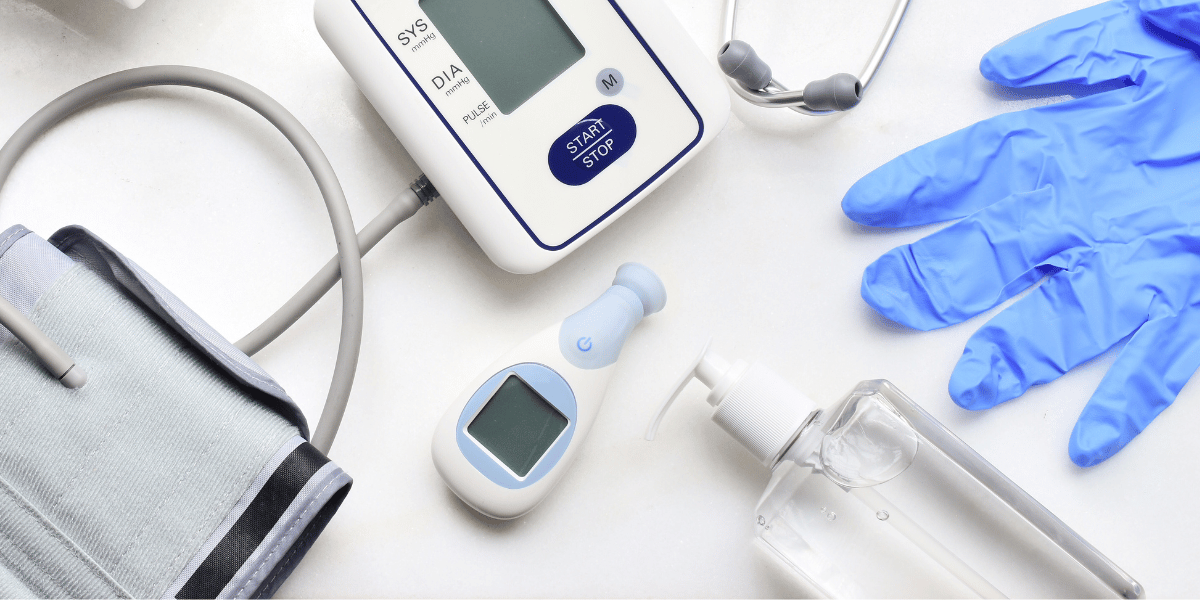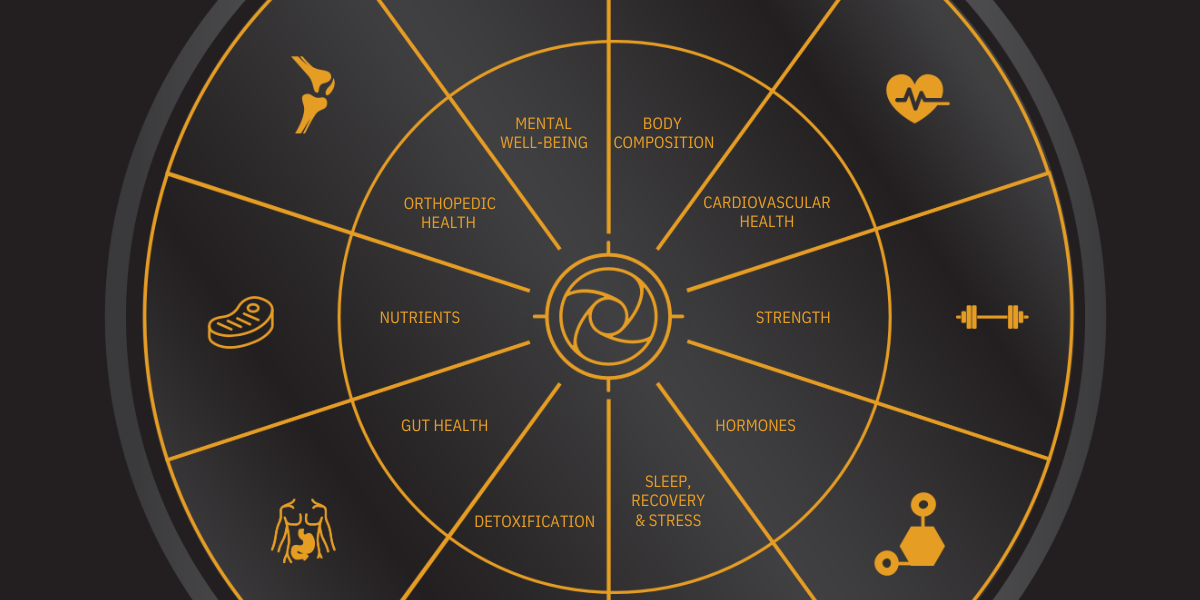Healthcare vs Sickcare
In the labyrinth of our current healthcare system, individuals often find themselves entangled in a web of complexity. This system, more often than...
.png?width=70&height=70&name=Stark_LogoMark%20(1).png)

Sleep is often relegated to the background in our bustling lives, overshadowed by the pursuit of success, health, and happiness. Yet, as our nights grow shorter and quality sleep becomes harder to come by, we unintentionally deprive ourselves of a fundamental pillar of true wellness. Let's unwrap the profound impact of sleep on health and transform your perspective on bedtime into a 24/7 health strategy.
The National Sleep Foundation recommends 7-9 hours of sleep for adults, but it should come as no surprise that research indicates it’s not just quantity that counts. The quality of those sleeping hours is equally—if not more—important.
A night of good sleep encompasses multiple cycles, transitioning through stages from light to deep sleep, as well as REM sleep, which is crucial for processing emotions and consolidating memories. Disruptions to these cycles are akin to a skipped chapter in a book, interrupting the flow of the narrative. Monitoring tools like the Oura Ring can provide insights into the duration, consistency, and efficiency of your sleep, offering a personalized lens into your slumber.
One area where sleep's importance shines is in its relationship with heart health. Understanding that sleep and heart health are intricately intertwined can be a powerful motivator for prioritizing rest.
Heart Rate Variability (HRV) measures the intervals between heartbeats, which can reflect the heart's adaptability and overall health. Research shows that sleep, especially deep sleep, can increase HRV, a sign of a strong and resilient heart.
Consistently getting the recommended amount of quality sleep can lower the risk of heart disease, stroke, and other cardiovascular conditions. Conversely, chronic sleep deprivation can lead to a buildup of plaque in blood vessels, increasing the likelihood of heart-related issues.
Sleep is the unsung hero of mental health. It’s a restorative process that affects everything from mood to cognitive functioning.
REM sleep is particularly important when it comes to emotional processing. A full night's sleep can help with emotional resilience, while a lack of sleep can correlate with negative reactions and emotional volatility. Quality sleep is essential for brain function, helping to consolidate memories, improve focus, and foster creativity. It’s during sleep that the brain pares down overloaded neural connections, leaving room for new learning and enhanced problem-solving capacity upon waking.
Sufficient sleep is key for your hormone balance and the release of vital compounds that regulate bodily functions.
In men, testosterone production surges during the REM sleep state, the deepest stage of rest. This hormone is critical for building muscle, bone health, and a healthy libido, all important aspects of a man's overall wellness.
For women, sleep is crucial for hormonal balance throughout the menstrual cycle and during menopause. Quality sleep can alleviate symptoms associated with these transitions, supporting everything from mood to weight management.
The gut, often called the "second brain," has its own biorhythm that aligns with sleep-wake patterns. Disruptions to your sleep can set off a domino effect within the gut, impacting your overall health.
The gut's microbiome—the diverse community of bacteria aiding in digestion and other physiological functions—is influenced by sleep. Dysbiosis, or an imbalance in the microbial populations, can occur with poor sleep habits, potentially leading to inflammation and a host of digestive disturbances.
Sleep affects the gut-brain axis, the bi-directional communication system linking the central nervous system with the enteric nervous system (ENS) of the gastrointestinal tract. Adequate sleep ensures this communication network is in sync, contributing to both mental and digestive health.
Your body is a masterful architect of detoxification, and it’s during sleep that many of these processes hit peak efficiency.
The glymphatic system is thought to be the brain's waste management process, removing toxins that accumulate during waking hours. Research suggests that this system is most active during sleep, particularly during deep sleep stages when brain cells shrink, allowing cerebrospinal fluid to flush out interstitial waste.
Cellular repair and growth also happen predominantly during sleep, triggered by the release of growth hormone. This rejuvenation is critical for maintaining healthy tissues, repairing muscle damage from daily activities, and even slowing down the aging process.
These are just some of the many strands of sleep's influence on our health that are intricately woven into the fabric of our well-being. By valuing and making concerted efforts to improve our sleep, we support fundamental aspects of our health—heart, mind, hormones, gut, detoxification, and more—laying the foundation for a healthier and, ultimately, happier life.
If there's one takeaway from this look into the multifaceted realms of sleep and health, it's that sleep should be revered and safeguarded. Recognize its incredible power to heal, replenish, fortify, and make it a non-negotiable part of your daily routine. In valuing sleep, we can unlock renewed vitality and a higher quality of life that extends beyond the dark hours to illuminate our waking moments with vigor and clarity.

In the labyrinth of our current healthcare system, individuals often find themselves entangled in a web of complexity. This system, more often than...

At Stark, we believe that true health encompasses far more than just physical fitness. It's about achieving a harmonious balance across all aspects...

More and more people are exploring healthier, natural pathways to well-being, which is why naturopathic medicine has experienced so much growth...